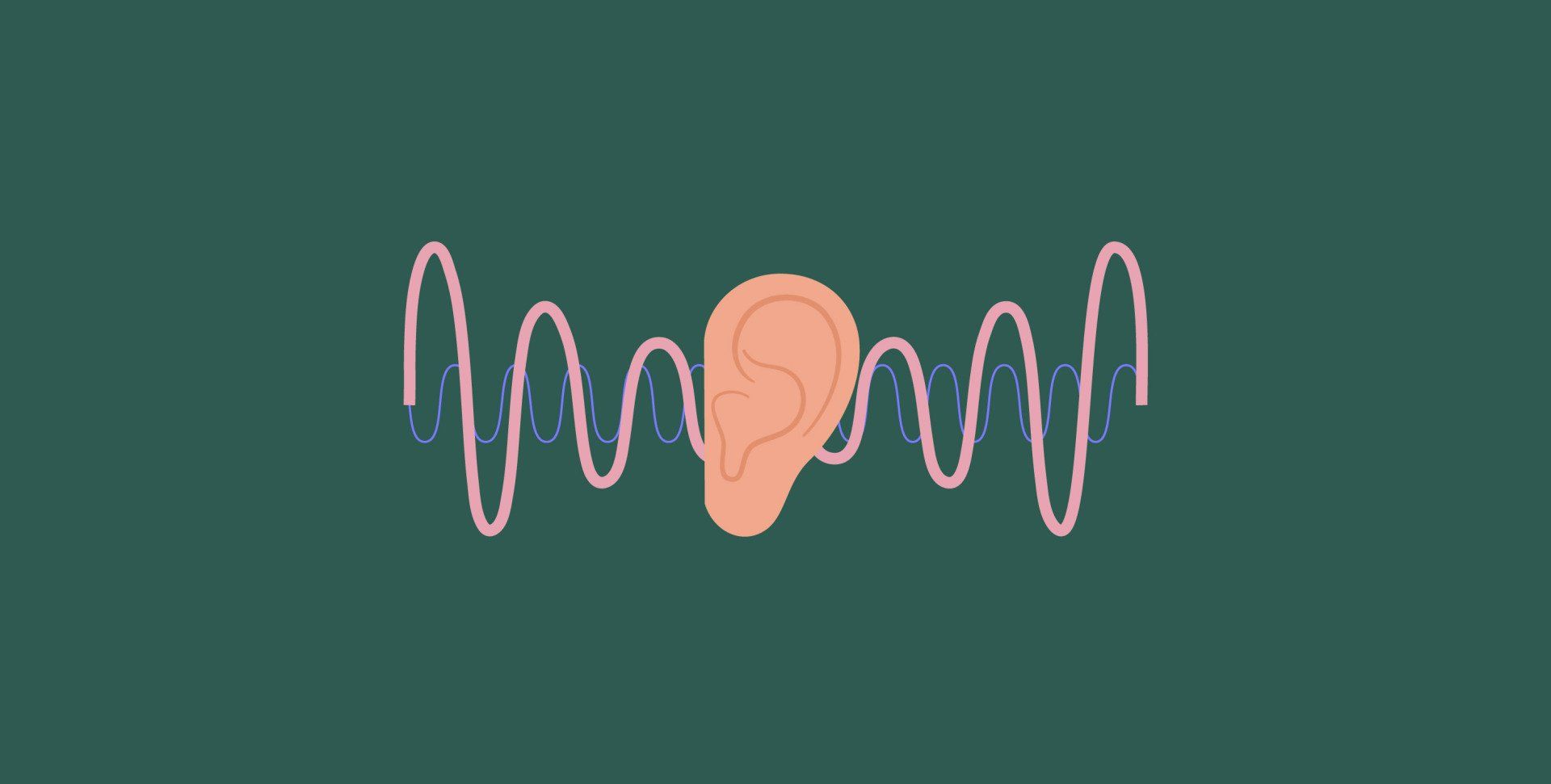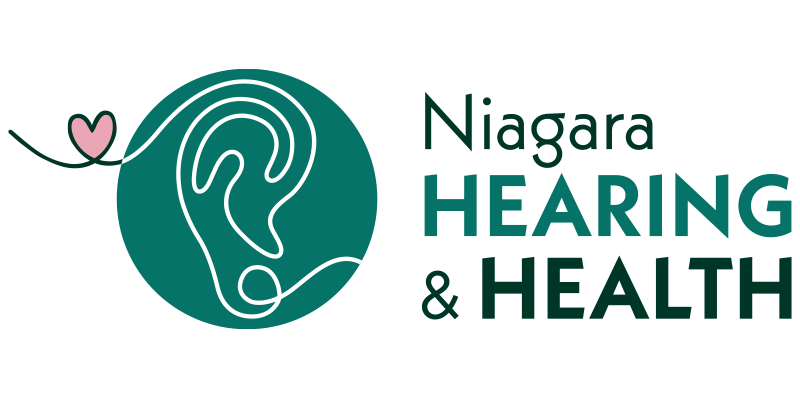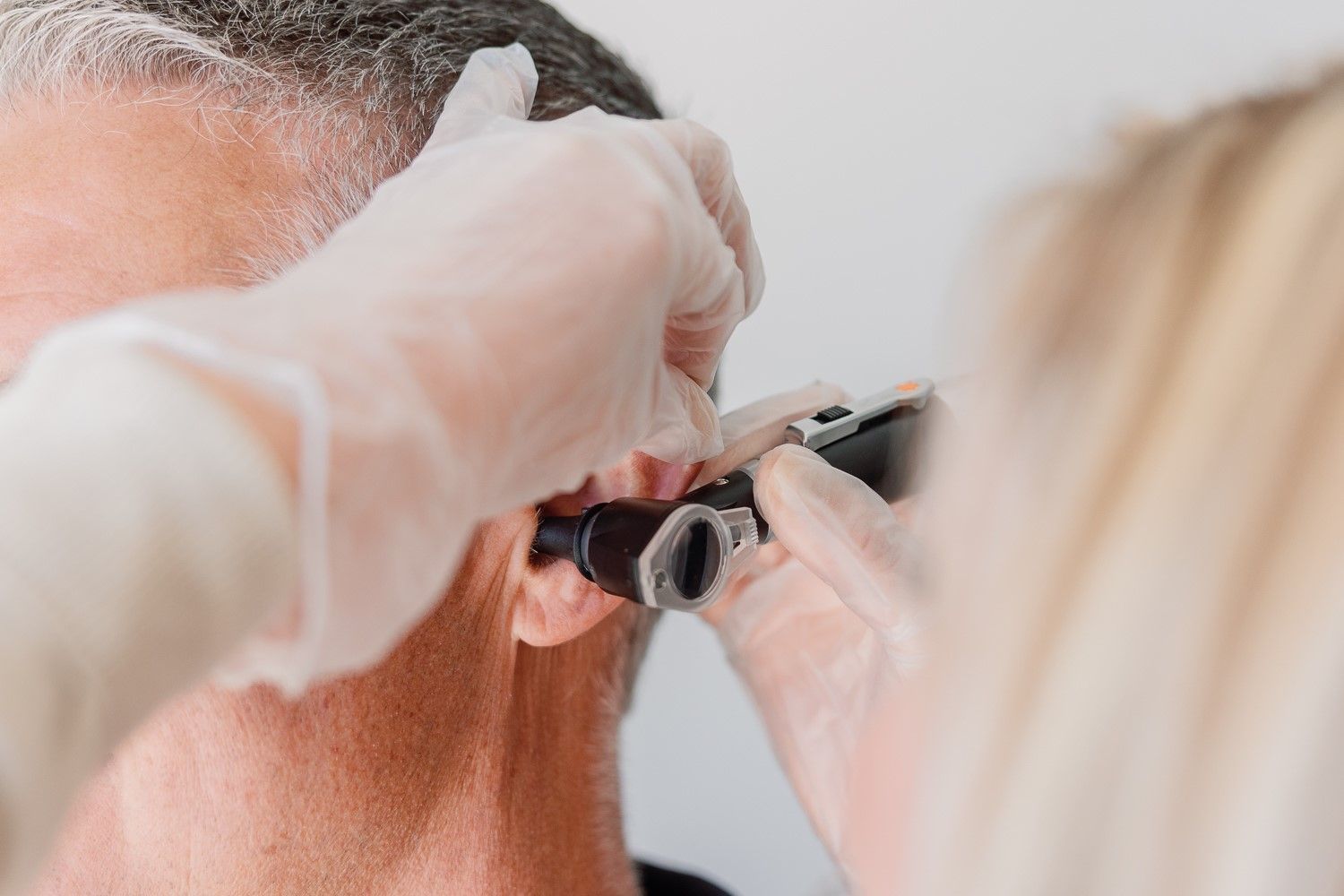Hearing Loss and Dementia
Brittany Mott
We all know both dementia and hearing loss are highly prevalent conditions in the aging population.
What many people don’t know is the two conditions are highly correlated with one another and that hearing loss is identified as one of the top risk factors for dementia¹.
Current research is investigating this relationship and several possible mechanisms have been proposed to explain how hearing loss increases the risk of developing dementia. One explanation is that hearing loss increases ‘brain strain’, meaning that when one struggles to hear, the brain works harder to fill in the gaps at the expense of other cognitive processes such as working memory. Another possible explanation is that hearing loss causes people to disengage socially which in turn leads to less intellectual stimulation, and therefore less cognitive engagement overall. Both theories support the hypothesis that reduced cognitive stimulation leads to mental decline. Given the limited effectiveness of pharmacological treatments on symptoms of dementia, we must focus on reducing the modifiable risk factors to delay or prevent the onset of the disease, which will also reduce healthcare costs overall.
A 2020 Lancet Commissions Report cited 12 potentially modifiable risk factors for dementia; they are:
- Lower education
- Hypertension
- Hearing impairment
- Smoking
- Obesity
- Depression
- Physical inactivity
- Low social contact
- Excessive alcohol consumption
- Traumatic brain injury
- Air pollution
Of these, hearing loss is the highest modifiable risk factor for delaying or preventing the onset of dementia later in life. A 2019 study of 194 adults over 19 years indicated through brain imaging of the temporal lobe (the area of the brain containing the auditory centre), that mid-life hearing impairment is associated with greater temporal lobe volume loss compared to individuals with normal hearing. It is very important to note that multiple studies have looked at cognitive performance in individuals with hearing impairment who wear hearing aids versus those who do not, and hearing loss is only associated with poorer cognition in individuals who DO NOT wear hearing aids. Hearing aid use is, therefore, the largest factor protecting individuals from cognitive decline. Even the World Health Organization has recognized hearing aids as the only modifier in mid-life to prevent or prolong the onset of dementia. Newer findings also suggest that hearing impairment may encompass other modifiable risk factors such as low social contact, physical inactivity and depression, highlighting the importance of hearing aids earlier in life.
At Niagara Hearing & Health, we perform a cognitive screening as part of our full hearing evaluation so we can provide patients with the information they need to make an informed decision regarding their hearing and cognitive health. With the help of the cognitive screening, we can work together to create the best action plan for each individual patient, since we recognize everyone is unique and has their own set of needs. These findings speak for themselves, wearing hearing aids is not only treating your hearing loss but also preventing cognitive decline associated with hearing loss. With life expectancy rising, it has never been so important to make your hearing a priority!
¹(Thompson et al., 2017)





